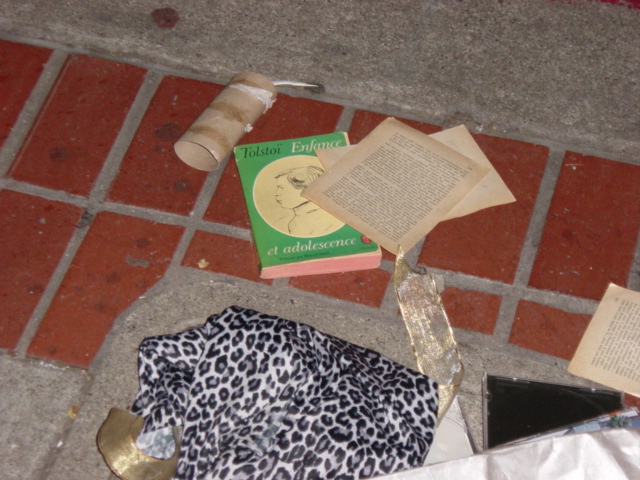Awhile ago, I tweeted
All writer’s retreats/workshops talk about loving writing. I think I fit in better with the people who HATE writing. Where are those people?
A writer friend who is having much more success in being productive than I am posited that the one thing she’s noticed about friends in MFA programs is that they spend an awful lot of time moaning about writing (which, uh, sounds familiar) which contributed to her decision to not pursue an MFA in Creative Writing. She described another Midwestern creative writing program where the environment seemed to produce more stress and neurosis amidst its students than viable fiction.
It’s a question I hadn’t actually considered before, but her description was pretty interesting. Academia itself is a weird hot house environment. Sometimes I would sit in class and listen to the complaints of my fellow students and just think to myself “My god, you’ve never had a real job in your entire life.” Most cubicle residents don’t have half the amount of autonomy of your average TA, and it was especially funny when the people WITH funding would be upset about losing a sixth year of their contracts and hoped to garner sympathy from those of us who had zero funding, which really drove home how little perspective the average graduate student actually has.
Are these programs actually cultivating that lunacy or are the types of people in MFA programs the type to be crazy? I used to think it was the latter, but my friend’s question really gave me pause.
Writers tend to play pack games. I’m not sure why that is, but it’s been a constant phenomenon that I’ve experienced and witnessed. I’ve never been in a group of more than, oh, six writers where everyone didn’t on some level sum up the competition. This doesn’t just occur with higher education: I’ve seen it in practice at blogger conventions, even in subgroups of bloggers where the focus isn’t creative writing but rather nonfictional stuff like memoirs, How To and even photojournalists.
Just like in the prison yard, graduate workshops suddenly become proving grounds for that hierarchical structure: you’re only as good as your latest story or poem or whatever (obviously, you earn some kind of reputation equity that you can pull out some stinkers but too many and people start to think your good work was a fluke). And every one of those MFA students came from a high school where they were the best writer in the school and probably an undergrad program where they were one of the best writers in the department. Now they’re fighting it out against people who are equally as talented and determined as they are, and possibly in classes where the professor is playing favorites (the line between authority and camaraderie in the graduate world is very very blurry) and burned out and probably fighting for their own limited resource pool among the university staff. It’s a special skill to create purple prose that doesn’t LOOK like purple prose, but man, have I seen some god awful crap come out of people trying like hell to sound really smart.
If this seems silly, take walking instead of writing. Anyone who has ever seen a bad fashion show at a local mall knows that it takes some very special skill to make walking natural look, well, natural. I mean, heck, three-year-old kids walk without any concern for how they look, how can we turn something as simple as walking into being so self-conscious that we can’t even do it without causing the audience to feel embarrassed FOR us? The simple act of being self-conscious. Models have to study for years before they can strut down the runway without looking like complete mental cases.
And we all know that modeling is not exactly a great career choice for one’s mental health.
So who can blame those writers for hating feeling like they’re not good enough? If bringing pen to paper starts pulling up all of those feelings, can you really blame us for wanting to avoid the mental anguish?
And does that mean we’re broken?
I can’t speak for all people with graduate degrees in Creative Writing and I certainly don’t regret my Masters degree, but using that definition something is certainly not right. I do remember a time when I couldn’t stop writing, when it was an enjoyable and as addictive as playing a video game and that time ended somewhere in my junior year of undergrad and got progressively worse as I spent more and more time talking about the process of writing. And today I have to trick myself into writing for disciplined periods of time, with an actual mantra of “It doesn’t matter if it sucks” because I earnestly believe it will not be good enough.
Broken? Perhaps. Wrong? I’m not sure.
